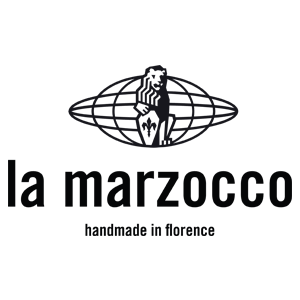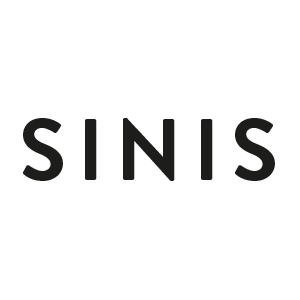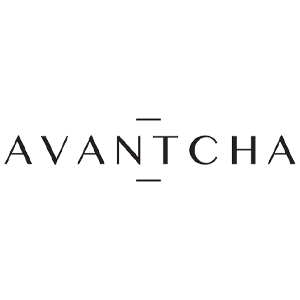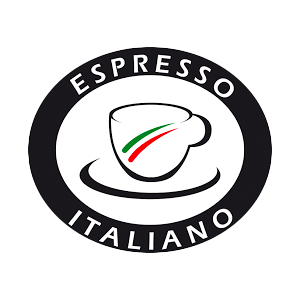Could not save your registration. Please try again.
Great, you are now registered. Welcome to the club and look forward to our updates.
Suitable for portafilter and fully automatic machines.
Coffee drinks
Preparation
Label
Drinks
Espresso
Organic / Demeter
Fresh Coffee service
Coffee machines including home barista training for 2 people
What type of portafilter?
Which pump?
How many boilers?
Perfect espresso with almost no energy
Freshly ground coffee tastes better.
Typ of Grinder
Dosage
Grind by hand
The tools for the barista
For better preparation
For clean preparation
Brands
White, colored and thick-walled cups.
Coffee cups
The tea cups & tableware
Clean the coffee maker and grinder regularly.
Für besseres Kaffeewasser
The great classic teas & tea types
The infusions & infusion drinks
The main tea growing areas
Sweet specialties with coffee
Chocolate bars
Chocolate drinks
Es ist immer eine gute Idee etwas schönes zu schenken.
Ob Bohnen, Pads oder Kapseln – jedes Bundle ist perfekt abgestimmt.
Kaffeebohnen
E.S.E. Pads
Kapseln
Von Klassikern bis Geheimtipps: Ideen à gogo für alle Kaffeeliebhaber.
Kaffee Label
Kaffee Spezial
Während der Feiertage gönnen sich einige Unternehmen eine kurze Auszeit. Daher kann es sein, dass Deine Bestellung erst nach den Feiertagen versendet wird. Wir danken Dir für Dein Verständnis
The next roasting day is in:
Freshness is a big issue in the food industry. Fresh vegetables from the market, fresh eggs straight from the farm, fresh coffee from the roastery or the coffee centre. But what does "freshness" mean and how does coffee stay fresh the longest?
Freshness is considered a measure of closeness to the original product. The term fresh therefore describes products of undiminished quality. If we look for freshness in relation to coffee, this means maximum aroma.
During the roasting process, two products are created that interest us in connection with the freshness of coffee: Aroma substances and CO2.
Both are volatile substances that outgas over time. CO2 makes uniform extraction difficult and makes the coffee in the cup unbalanced. In this sense, there is a "too fresh" in coffee.
Coffee tastes best when enough CO2 has evaporated and the maximum amount of aromatic substances is still present. For an espresso roast, this is normally 2 weeks to a maximum of 3 months after the roasting date. Filter coffee tastes best from 1 week to 2 months after roasting.
Once a pack of coffee has been opened, the longest place to keep it fresh is in a dry, dark and cool place. The easiest way is to leave the coffee in its original packaging and seal it tightly. Pouring it into a tin is well-intentioned, but rather counterproductive. Coffee oils accumulate on the walls of the can and become rancid over time, spoiling the coffee.
The refrigerator is also the wrong environment for coffee. The low temperature slows down the evaporation of the aromatic substances. But the humidity is hard on the coffee and the beans absorb the usual, suspicious fridge smells. Unless you're looking for notes of recent Swiss cheese, green Thai curry or the open packet of salami, get out of the fridge with the coffee.
Freezing coffee is a valid option. However, it only makes sense if you consume the coffee immediately after thawing. Otherwise, the condensation that forms inside the package during defrosting will ruin the whole coffee.
 Espresso
Espresso Cappuccino
Cappuccino Café Crème
Café Crème Portafilter
Portafilter Fully automatic machine
Fully automatic machine Organic / Demeter
Organic / Demeter Fairtrade
Fairtrade Fresh service
Fresh service Single circle
Single circle Dual circuit
Dual circuit Vibration pump
Vibration pump Rotary pump
Rotary pump One boiler
One boiler Two boilers
Two boilers Manual machines
Manual machines ECM Manufcture
ECM Manufcture Rocket Espresso
Rocket Espresso La Marzocco
La Marzocco Aram
Aram Supercop
Supercop Cafelat
Cafelat Disc mill
Disc mill Cone grinder
Cone grinder Dosage by time
Dosage by time Dosage by weight
Dosage by weight Hand mills
Hand mills Tamper
Tamper Milk jug
Milk jug Weighing & Measuring
Weighing & Measuring Microfiber cloths
Microfiber cloths Knockout boxes
Knockout boxes SINIS
SINIS Motta
Motta Ilsa
Ilsa Espresso (80 ml)
Espresso (80 ml) Cappuccino (200 ml)
Cappuccino (200 ml) Flat white (150 ml)
Flat white (150 ml) Latte (300 ml)
Latte (300 ml) Brewers
Brewers To Go Cup
To Go Cup Cupping
Cupping Cortado
Cortado Degreaser
Degreaser Descaler
Descaler Mill Cleaner
Mill Cleaner Milk Cleanser
Milk Cleanser Direct water filter
Direct water filter Black tea
Black tea Green tea
Green tea White tea
White tea Oolong tea
Oolong tea Herbal tea
Herbal tea Fruit tea
Fruit tea Rooibos tea
Rooibos tea China
China India
India Japan
Japan South Africa
South Africa Sri Lanka
Sri Lanka Switzerland
Switzerland Sirocco tea
Sirocco tea Länggass Tea
Länggass Tea Avantcha tea
Avantcha tea Black chocolate
Black chocolate Chocolate beans
Chocolate beans Amaretti
Amaretti Cantuccini
Cantuccini Gutschein 50.00
Gutschein 50.00 für Espresso
für Espresso für Espresso
für Espresso Demeter Kaffee
Demeter Kaffee Viva Italia
Viva Italia Reinigung Tools
Reinigung Tools